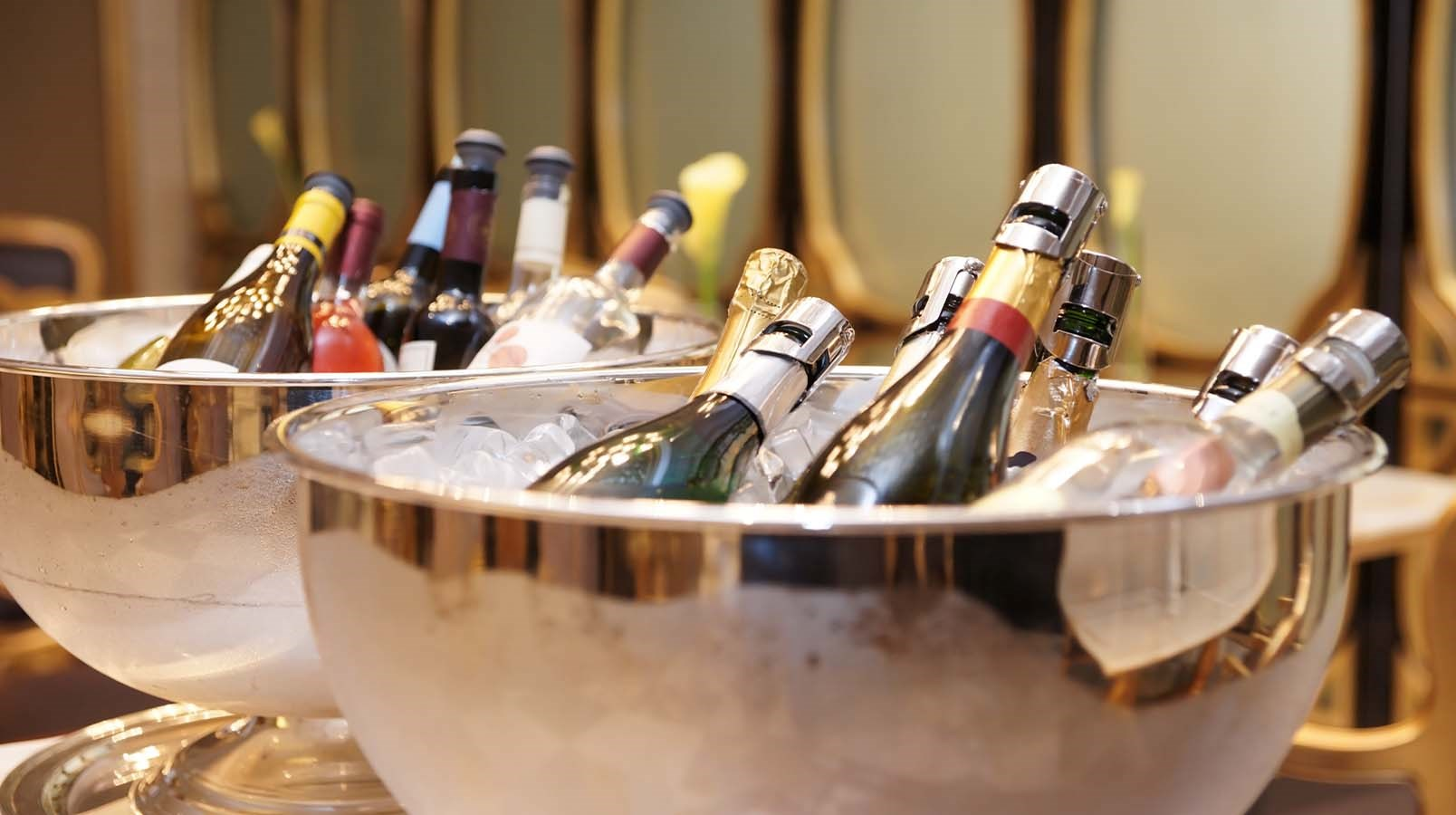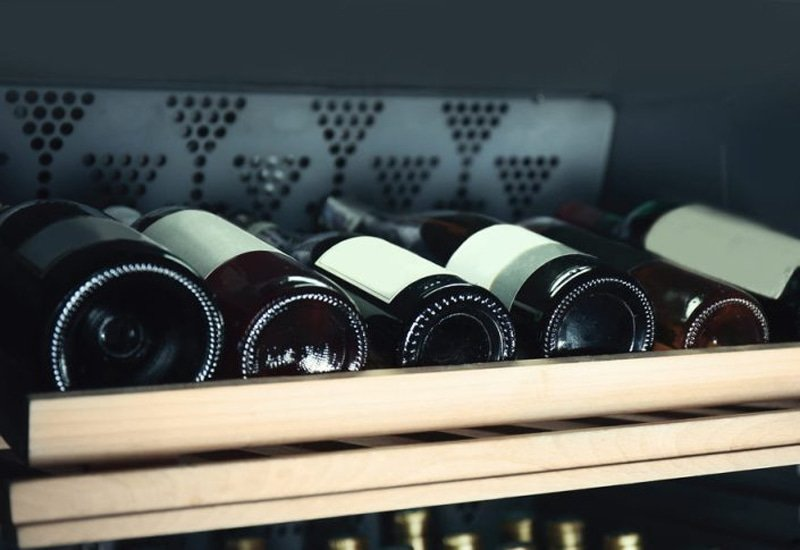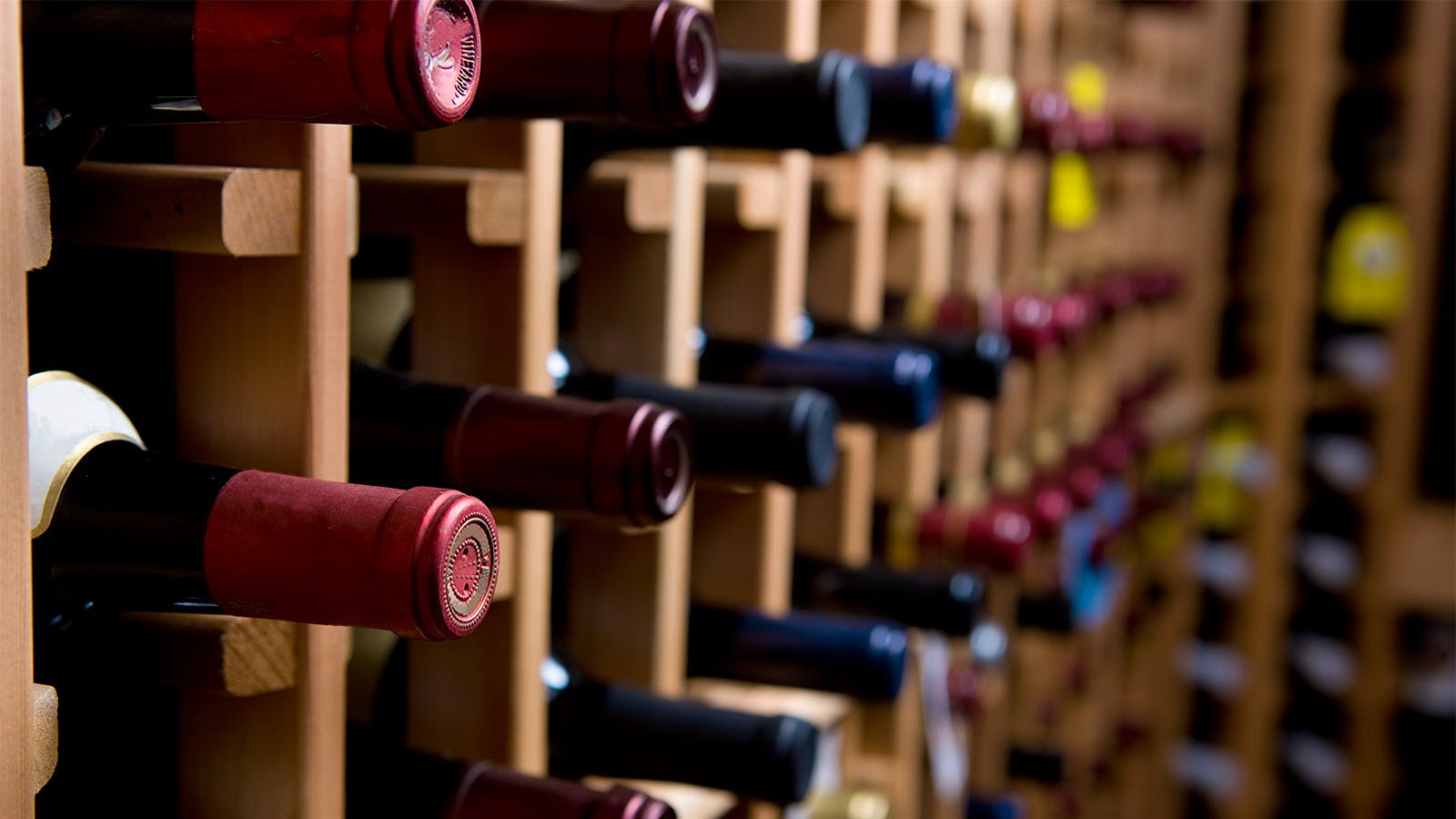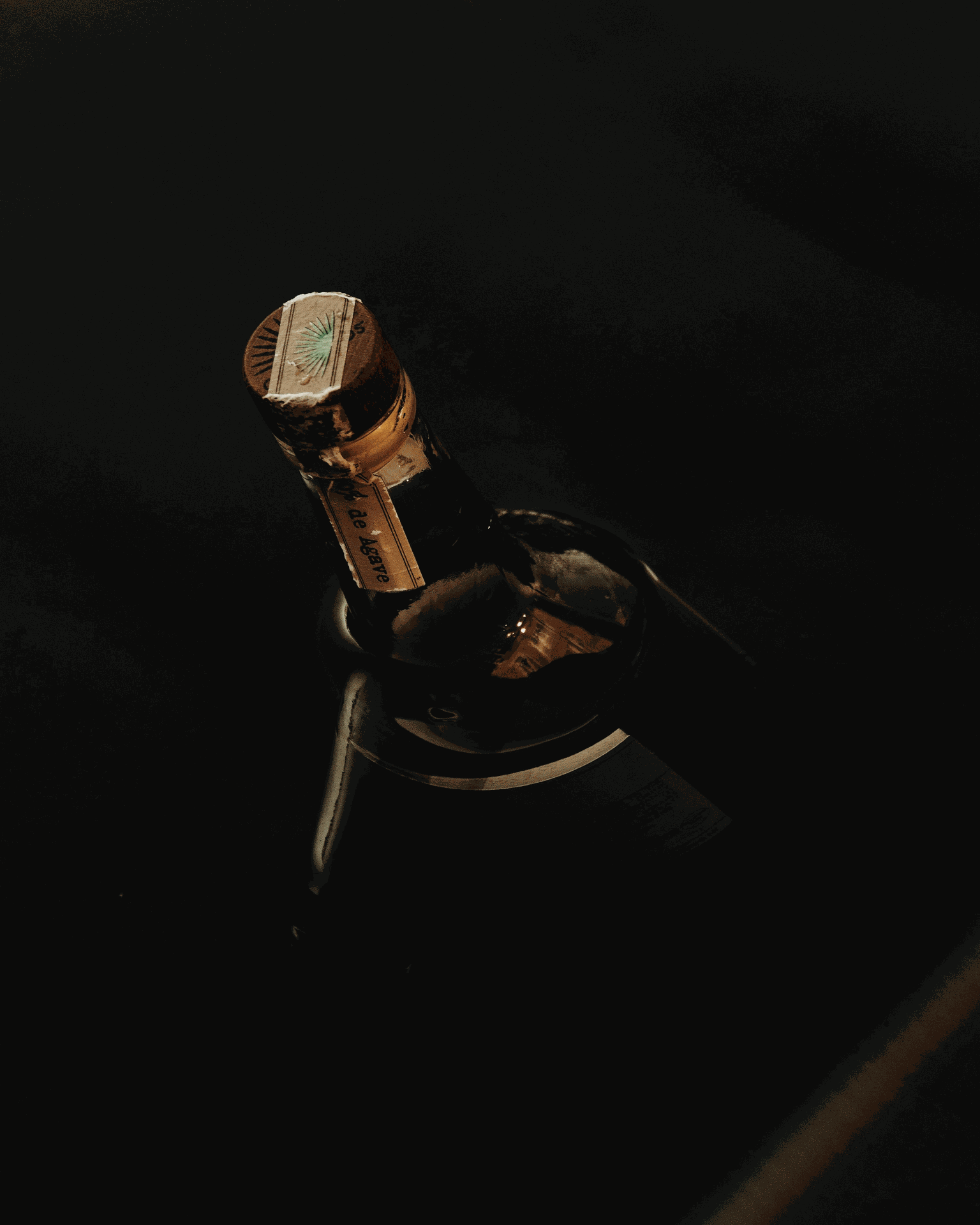Wine, often described as bottled poetry, is a delicate creation that deserves the right care and attention. Whether you're a casual wine drinker or a passionate collector, understanding how to store your wine properly is key to preserving its quality and enhancing your drinking experience. Let's dive into the essentials of wine storage, ensuring that every bottle in your collection remains at its best.
1. Temperature Matters: Keep It Cool, Not Cold
Ever wondered why wine cellars are cool and dimly lit? Temperature plays a critical role in wine preservation. The ideal storage temperature for most wines is between 45°F and 65°F (7°C to 18°C), with 55°F (13°C) being the sweet spot. Keeping your wine at a consistent, cool temperature slows down the aging process, allowing the wine to develop its flavors gracefully.
Practical Tip:
If you don't have a wine cellar, a wine fridge is a great alternative. Avoid storing wine in regular refrigerators for extended periods as they tend to be too cold and can dry out the cork, leading to oxidation.

2. Humidity: The Unsung Hero of Wine Storage
While temperature is crucial, humidity is often overlooked. Wine needs a slightly humid environment to keep the cork from drying out. If the cork dries out, it can shrink and allow air into the bottle, which can spoil the wine. Aim for a humidity level of around 60-70%.
Practical Tip:
In dry climates or during winter months, consider using a humidifier in your wine storage area. Alternatively, placing a small container of water near your wine can help maintain the necessary humidity levels.

3. The Art of Positioning: Store Bottles Horizontally
You've probably seen wine bottles stored on their sides in cellars and wine racks. This isn't just for aesthetic appeal. Storing wine horizontally keeps the liquid in contact with the cork, preventing it from drying out. This simple trick helps maintain a tight seal and protects your wine from premature aging.
Practical Tip:
Invest in a quality wine rack that allows you to store bottles horizontally. This is especially important for wines with natural corks, as synthetic corks don't require the same care.

4. Avoid the Light: Keep Your Wine in the Dark
Light, especially sunlight, can be the enemy of wine. UV rays can degrade and prematurely age wine, leading to unpleasant flavors. That's why wine is often stored in dark, cool environments.
Practical Tip:
If you don’t have a dedicated wine cellar, store your wine in a dark closet or a wine fridge with UV-resistant glass. Avoid placing wine near windows or other light sources.

5. Steady as She Goes: Minimize Vibrations
Wine needs to rest undisturbed to age properly. Frequent vibrations can stir up the sediment in the bottle, disrupting the delicate aging process and altering the wine’s taste and aroma.
Practical Tip:
Avoid storing wine on top of refrigerators or near heavy appliances that generate vibrations. If possible, choose a quiet, stable location for your wine storage.
6. Keep It Consistent: Stability is Key
Wines prefer a consistent environment. Fluctuations in temperature and humidity can cause the wine to expand and contract, which might force the cork to push out or let air in, leading to oxidation.
Practical Tip:
Try to store your wine in a place where the temperature and humidity stay relatively constant year-round. Basements or specially designed wine fridges are ideal for this.
7. Know Your Timeline: Store According to Type
Not all wines are meant to age. While some reds can improve over decades, most everyday wines are best consumed within a few years. White wines and rosés typically have a shorter shelf life compared to reds.
Practical Tip:
Keep track of the wines in your collection and consume them within their optimal drinking windows. If you’re unsure, do a bit of research or consult with a wine expert to understand the best time to enjoy each bottle.
Actionable Takeaways
- Temperature Control: Keep your wine at a consistent cool temperature, ideally around 55°F (13°C).
- Humidity Matters: Maintain a humidity level of 60-70% to keep the cork moist.
- Store Horizontally: Lay bottles on their side to prevent corks from drying out.
- Avoid Light: Keep your wine in the dark to protect it from UV rays.
- Minimize Vibrations: Store wine in a stable environment to avoid disturbances.
- Consistency is Key: Ensure a stable environment for long-term storage.
- Know Your Wine: Store according to type and consume within the optimal window.
By following these tips, you’ll be able to store your wine like a pro, ensuring each bottle remains fresh and flavorful until you're ready to enjoy it. Whether you're saving a special vintage for a future occasion or simply stocking up on your favorites, proper storage is the secret to savoring every sip. Cheers!
Elevate your wine storage game with the Eurocave Compact S-259V3 and the Vintec Noir VWS035SBA-X. Whether you're savoring a fine vintage or simply enjoying your favorite bottle, these products are perfect companions to ensure every pour is as fresh as the first.

About the Author
Joseph Luk is the founder of Cuvees.com (12 Bottles Company Limited), established in 2009, where he passionately curates unique wines, sakes, and spirits from around the world. In addition to his work at Cuvees.com, he manages 13 Degrees Wine Cellars, where he manages the storage solution for wine collectors. Joseph is dedicated to sharing his knowledge and love for beverages with a broader audience. When he’s not exploring the latest trends in the beverage industry, you can find playing tennis or listening to Audible. You can find him on LinkedIn.